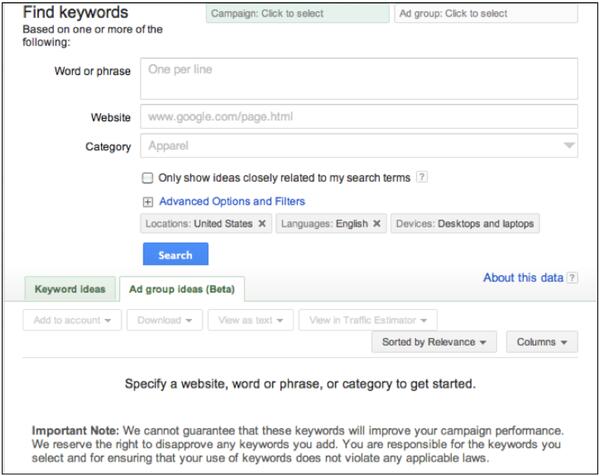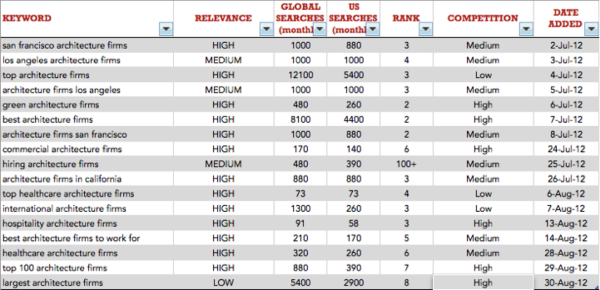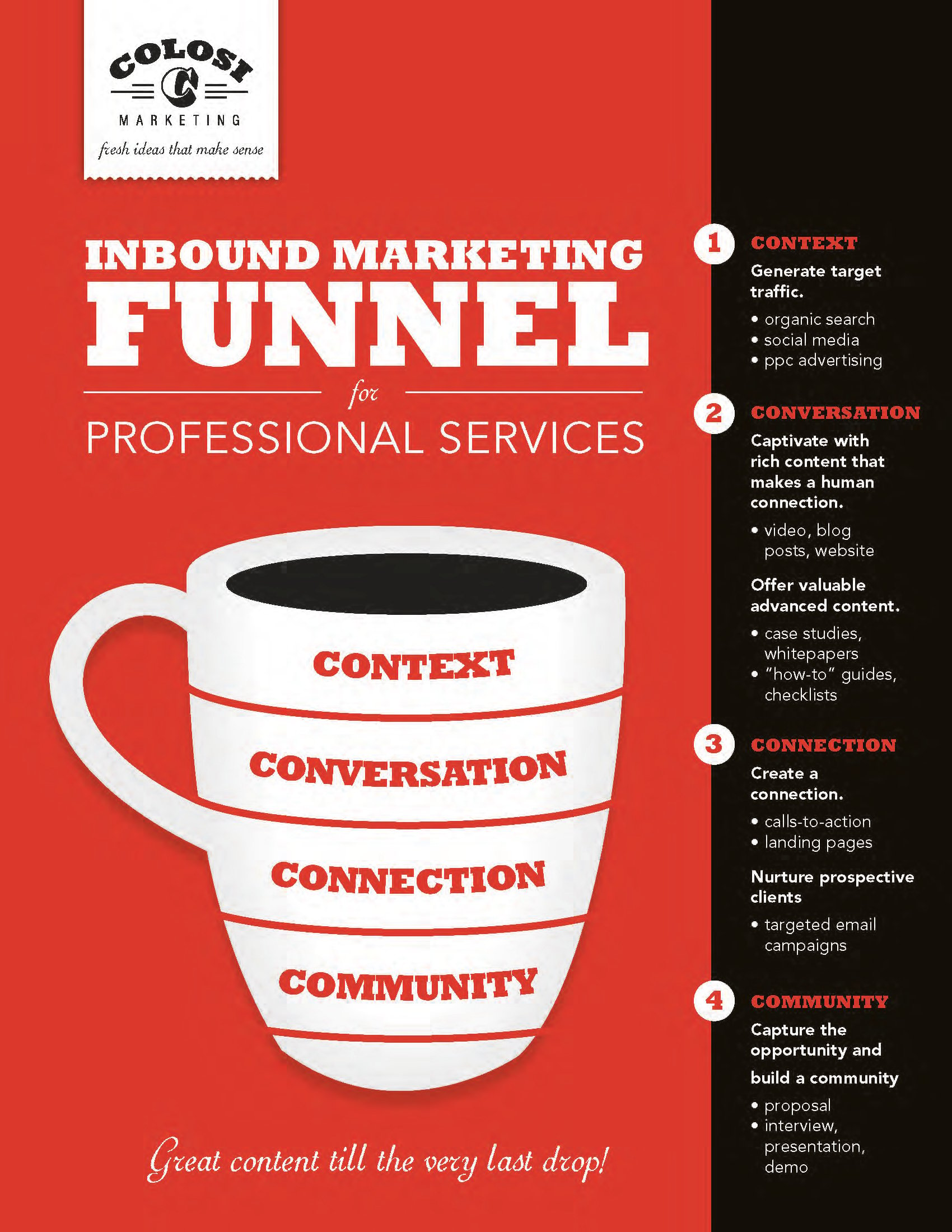Make Every Keyword A Winner! An Inbound Marketing Strategy For Professional Services Firms
People looking for service providers begin their quest by using a search engine. According the Pew Research Center’s Internet and Life Project (September 2010), “Many Americans begin their purchasing experience by doing online research to compare prices, quality, and reviews…they start their fact-finding and decision-making on the Internet.”
How can you make sure your services are found when people are looking for you?
According to MarketShare.Hitslink.com (October 2010),“75% of users never scroll past the first page of search results.” The first step toward ranking high in results for the most searched terms is to incorporate the right keywords in your website. However, it is challenging to get ranked on the first or second page for well-liked searches. It is important to look for as many terms that are searched frequently. Try out the following steps to begin your winning keyword strategy:
1.) Generate a list of "ideal" keywords.
Begin with words or phrases you think people will use to find your firm’s website. There are several keyword generation tools that can help you develop a list of terms related to your business. Try out the following tools to help you generate a list of potential search terms.
- Wordstream Keyword Suggestion Tool
- Keyword Discovery
- Overature Keyword Suggestion Tool
- Google AdWords: Keyword Tool (See example below.)

2.) Develop a keyword log to track terms and analyze results.
While you are generating a list of potential search terms with a keyword tool, log the desired keywords in a spreadsheet. (See keyword log for professional services example below.) Once you have a log with key terms, you will be able to analyze the effectiveness of your strategies.

To analyze the effectiveness of your keywords, take the following steps:
-
Score each term on relevance to your business. Go through each keyword term and evaluate the “relevance” to your firm and its' related services. For simplicity, I used a High, Medium, and Low metric.
-
Evaluate keyword terms by the number of searches. The “Global Searches” and “US Searches” tracks the volume of monthly searches by keyword.
-
Track your rank as you incorporate keywords in your site. The “rank” column evaluates the effectiveness of the keyword term for your site. If you rank 3rd or 4th, you will most likely be on the first page. If you are “100+”, you are not located on the first or second page and there may be a lot of competing sites with that particular keyword phrase. It is best to incorporate keywords that will help you rank.
-
Score the competition to discern the ease of being found by that term. The difficulty score helps you decide whether you’d be able to rank if you incorporate the designated keyword term. If there is Low or Medium competition, you may want to incorporate the terms because there is less competition to rank with that particular keyword.
3) Incorporate the most relevant keywords throughout your website.
After you prepared a list of the most searched keyword phrases, incorporate the relevant keywords throughout your website. Narrow it down to keyword phrases, which you will use frequently throughout your site content, particularly your firm’s core services. Use these keyword phrases to index and title your site pages, URLs, meta phrases and meta descriptions.
For more information, take a look at Get Found! Rank with SEO for Professional Services.
To learn more about how to incorporate keywords for content marketing, check out our checklist Strike Up the Conversation!



